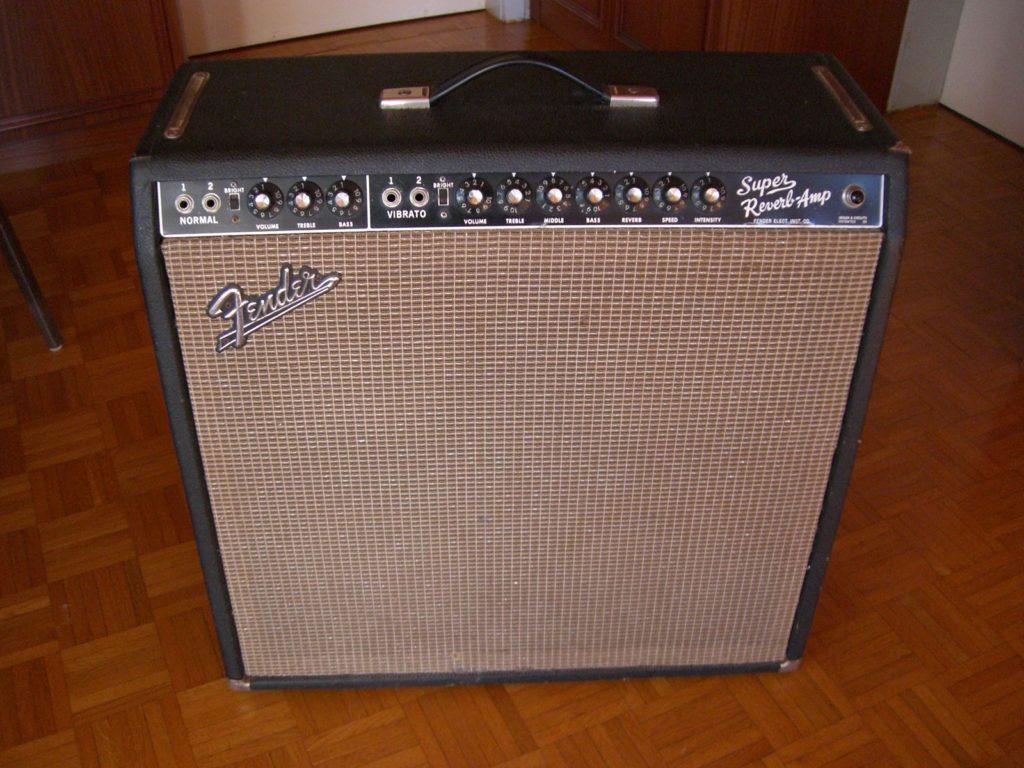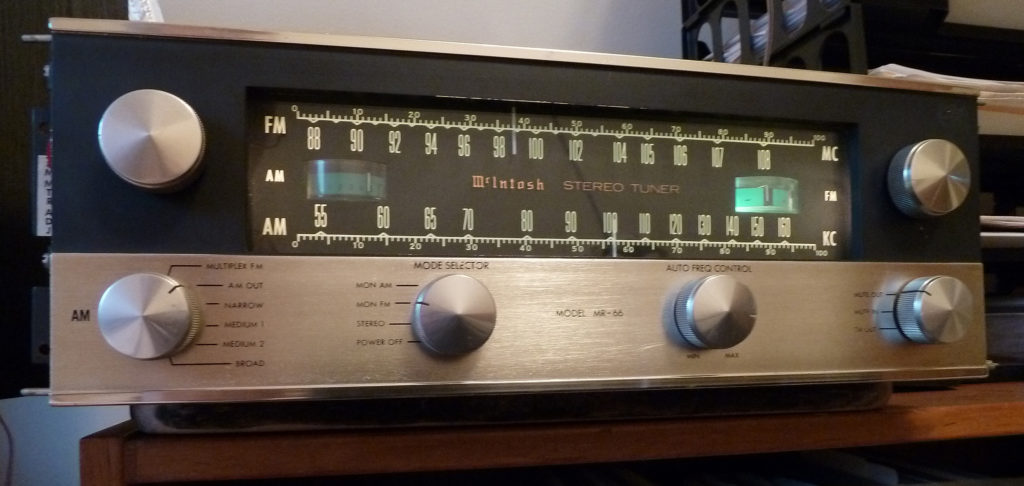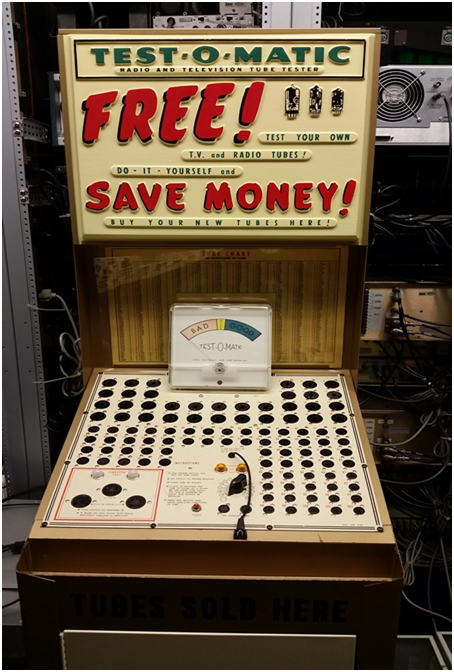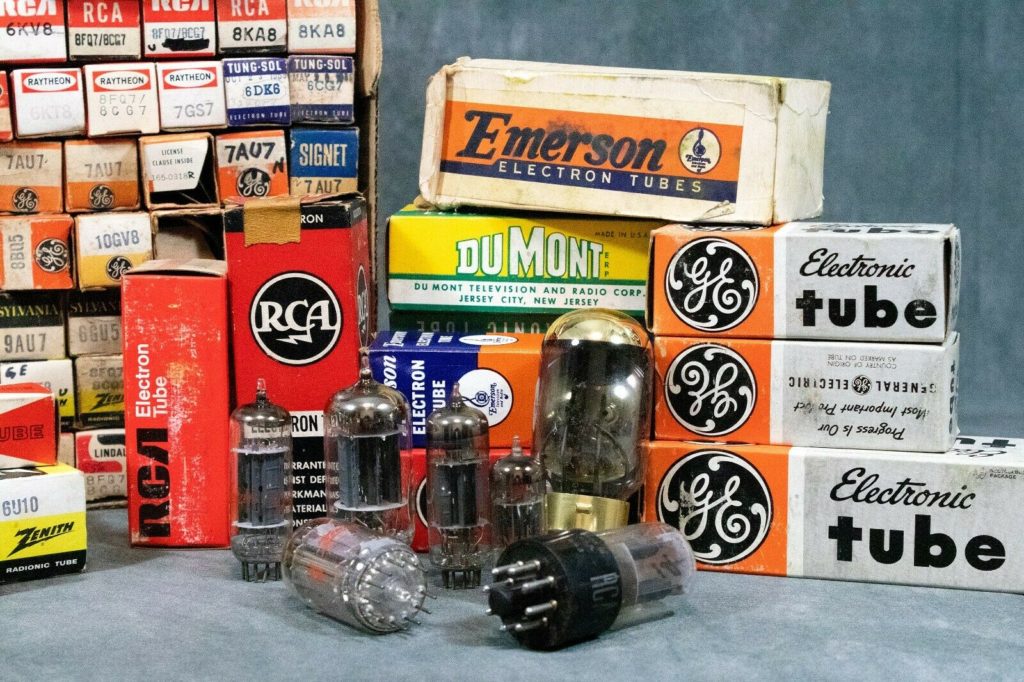Musicians, Vintage Short-Wave Guys, Tube Audio Obsessives

It’s a pretty simple story. We all either play guitar or bass (and have tube amps for those instruments), are hooked on tube audio, or have a thing for vintage short-wave radios. These things all require
vacuum tubes. Unfortunately, even when you buy new tubes, you never quite know what you’re going to get. How do you confirm that your tubes are good? How do you know they are really matched? We agree that for confirming basic tube function the device they go in is the best test, but for most people (and us) that’s not very practical. For one, it assumes you have some extra confirmed-good tubes around to swap out any suspected one for troubleshooting. We got frustrated with not knowing with certainty the condition of our tubes, and we wanted to help out our friends, too. That’s how
Western Glow Tube Service got started. It’s a part-time thing, but
it’s serious.
Testing is Often the Best Option (but do it right).

One of us has a McIntosh MR66 AM-FM tuner. It’s retro as hell and sounds great, even in mono. One catch: there are 18 tubes on the chassis and two on the outboard multiplexer. Let’s say it’s starting to make weird hissing sounds. What do you do? Among the first thing most competent service people will do is test the tubes. You just bought a used Fender Super Reverb amp? We love those. Want to know if those old tubes are in good shape and have much life left? You will need to test them. True, there are “only” nine tubes in that amp, but replacing them all would cost a least $150. Testing them costs a small fraction of that, and you’ll know exactly where you stand. Your father left you a vintage, lightly-used Scott 299B
integrated amplifier with all-original tubes? Yikes, don’t throw those out. Those vintage Telefunkens are worth $300 easily if they test anywhere near good. Tubes with documented test results from top-rate testers are worth more at resale time. The buyer will have
assurance and confidence, and that adds value.
Tube Testers — They’re Not All Alike

Believe us, all tube testers are not created equal. There are ethical, well-meaning people selling “tested” tubes, but many don’t tell you much about how the tubes were tested, and some use drug store testers from back in the day that can do an OK job of a basic pass/fail for emissions, if they are calibrated, but that’s all. Many tube testers are a bundle of compromises and can’t quantify gas or noise with any accuracy. Most don’t measure mutual conductance (Gm) in a valid way or at all. What’s more, many vintage testers (even some Hickoks) beat up on the 12AX7 and similar preamp tubes by
applying high signal voltage during the test. First, do no harm. We have great, safe test equipment (Amplitrex AT-1000 and Triplett 3444).
Avoid “Mysteries in a Box.”

Most frustrating is that we’ve bought NOS tubes from some big
on-line tube sellers, and often they have high gas or noise, or the
triodes are unbalanced. The sellers do not specify much of anything about the tube. They just say it is NOS or used, “tests strong,” and that’s about it. “Strong” is never defined, and seldom is anything
mentioned about gas or noise, leaving that for you to find out and then have to pay return postage to send back their “oversight.” That’s not honest. That’s not how we work. Read about our testing on the Testing and Matching page.
If you want to be confident, send your tubes to a service with top-notch equipment and folks who care about you and share your
passion for music and tube equipment. That’s us.